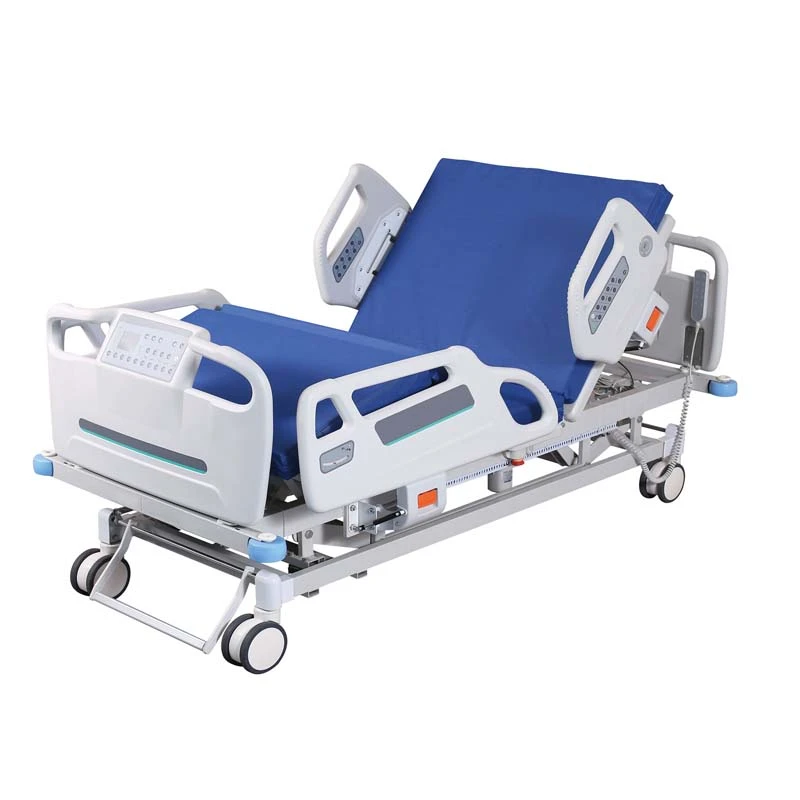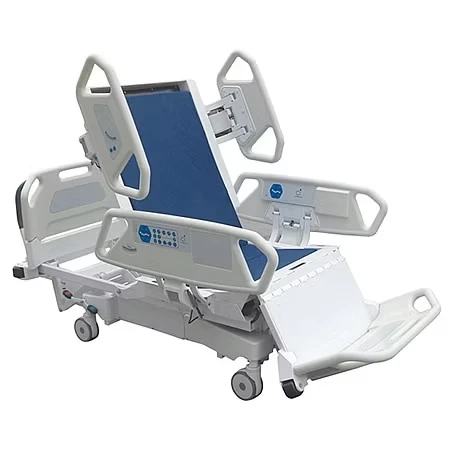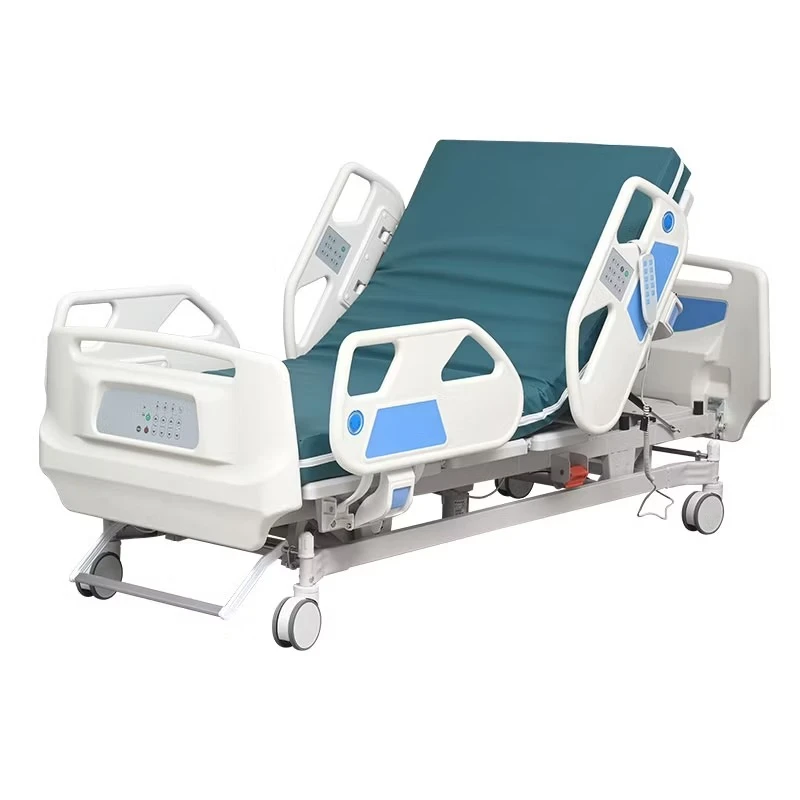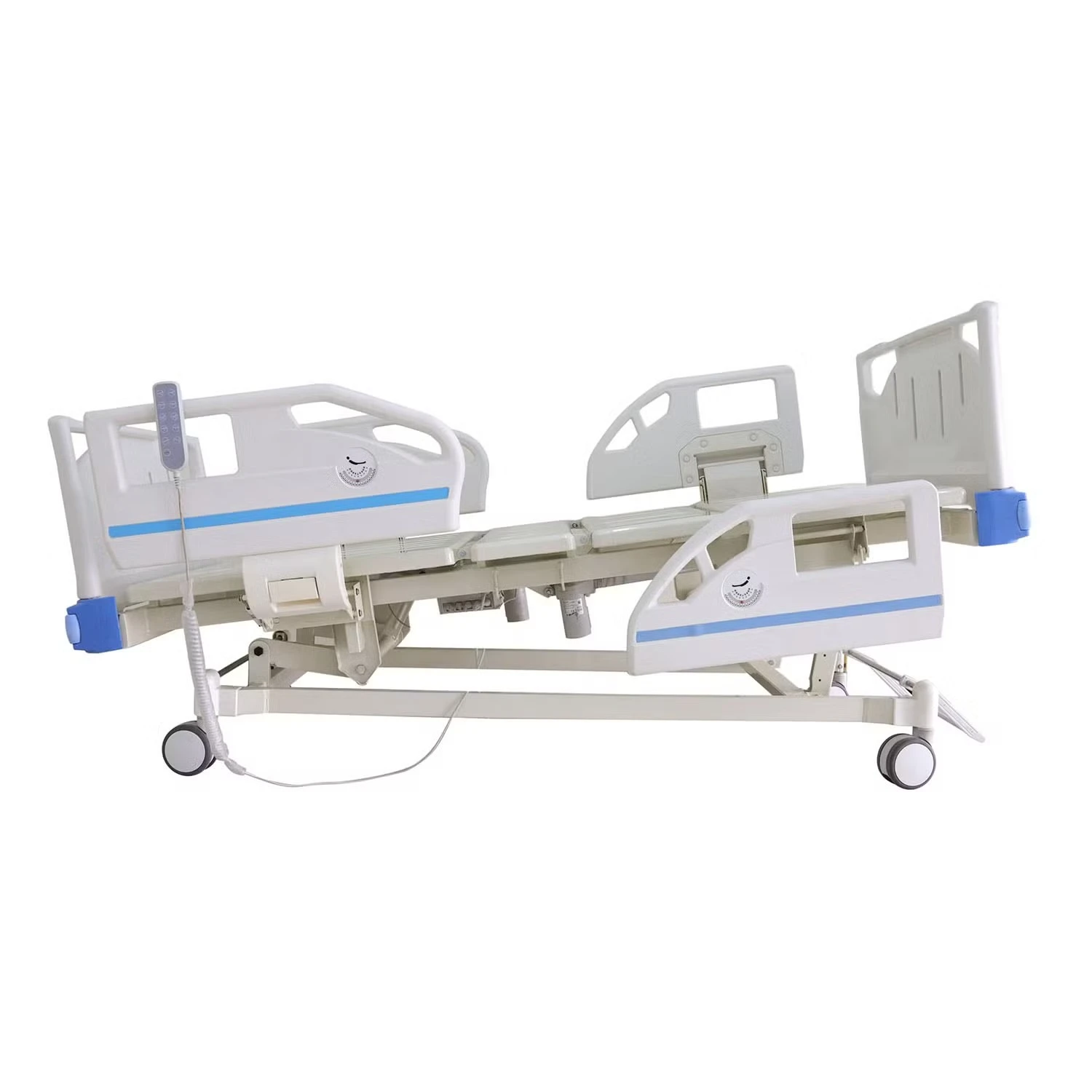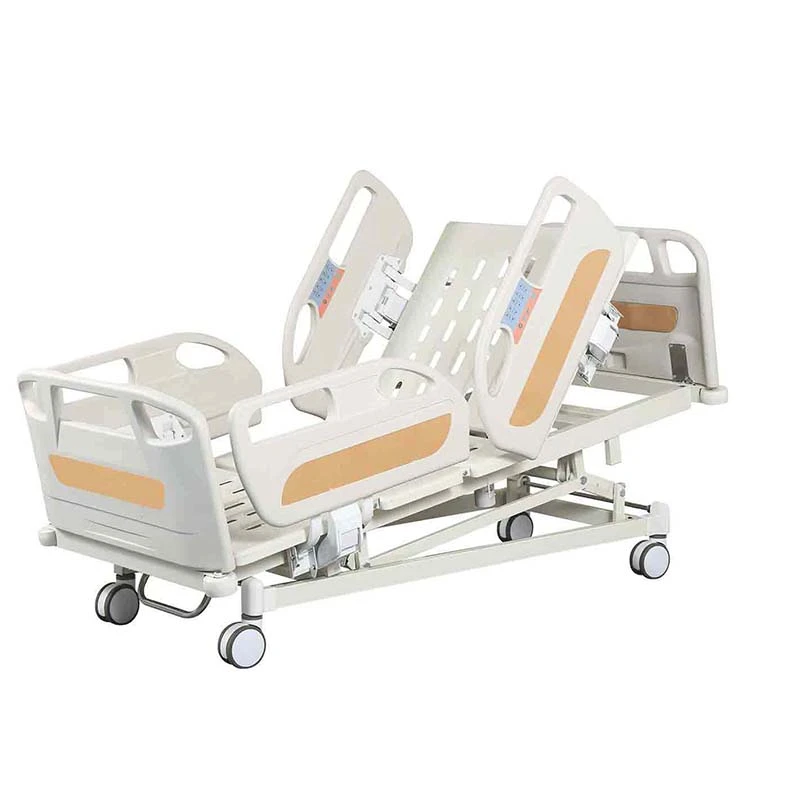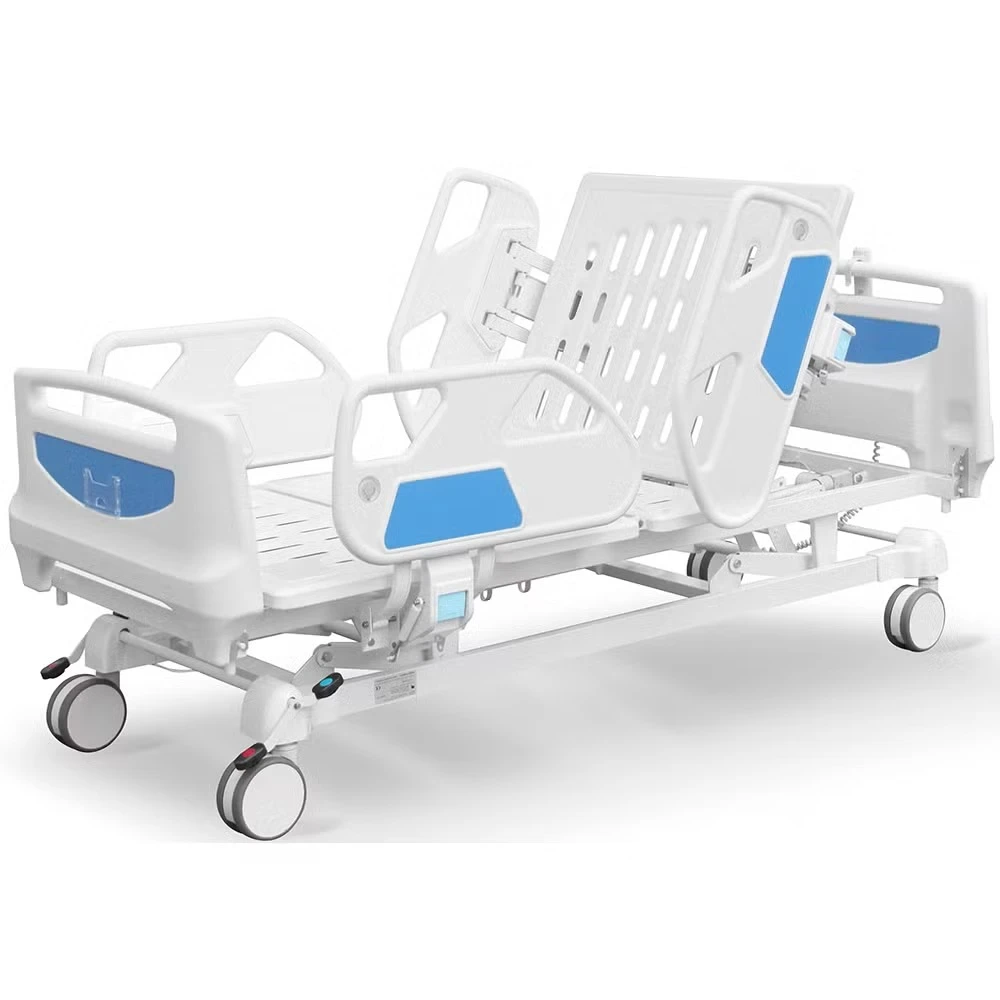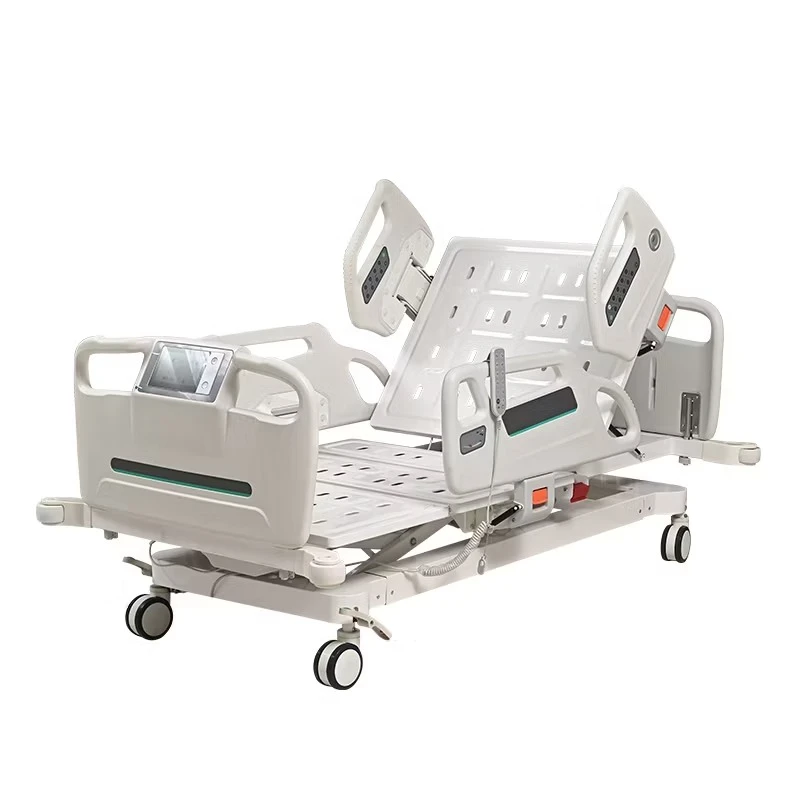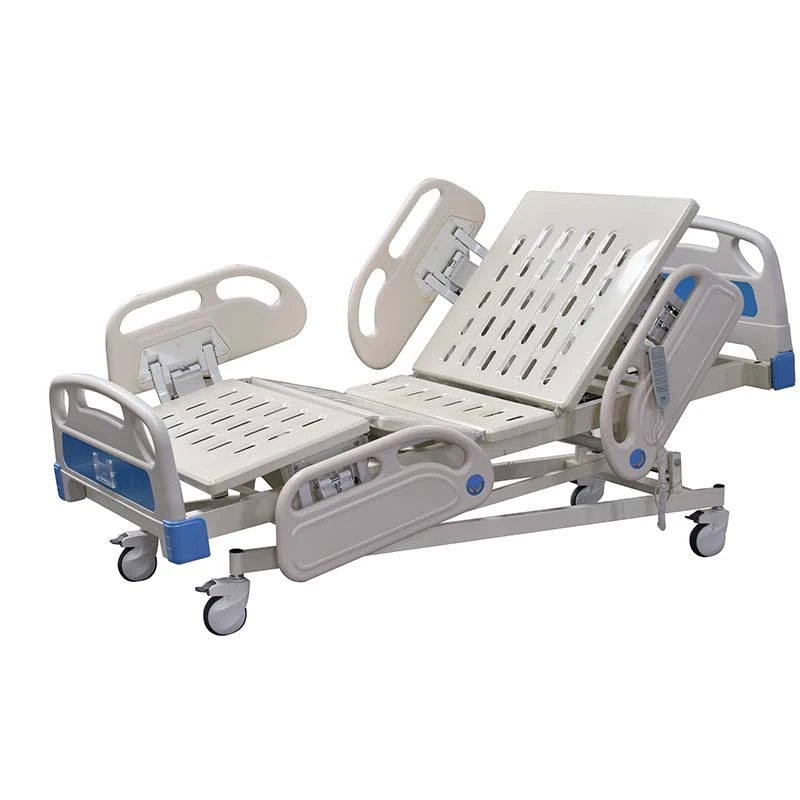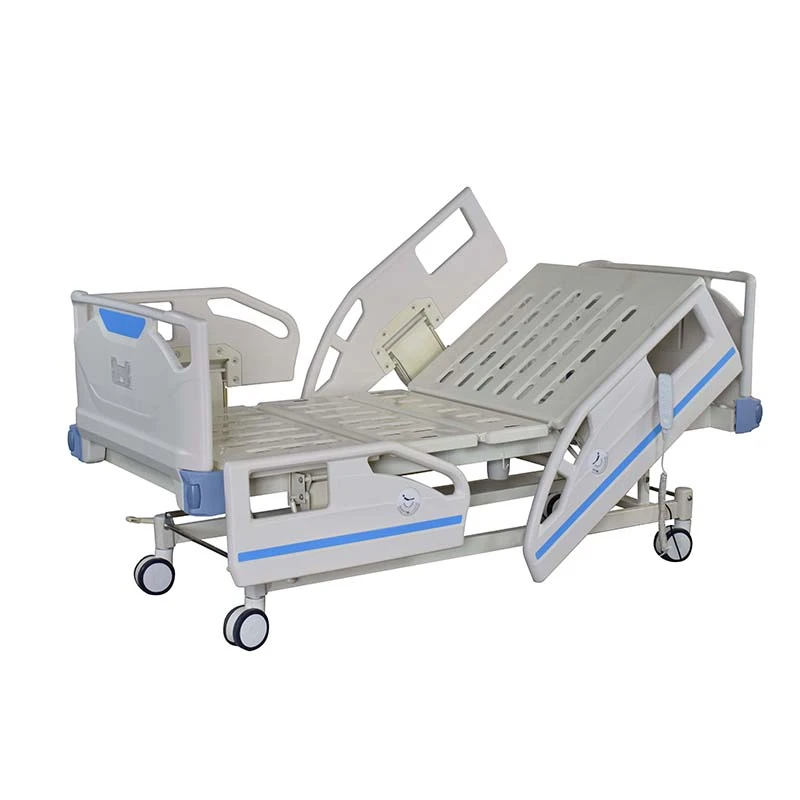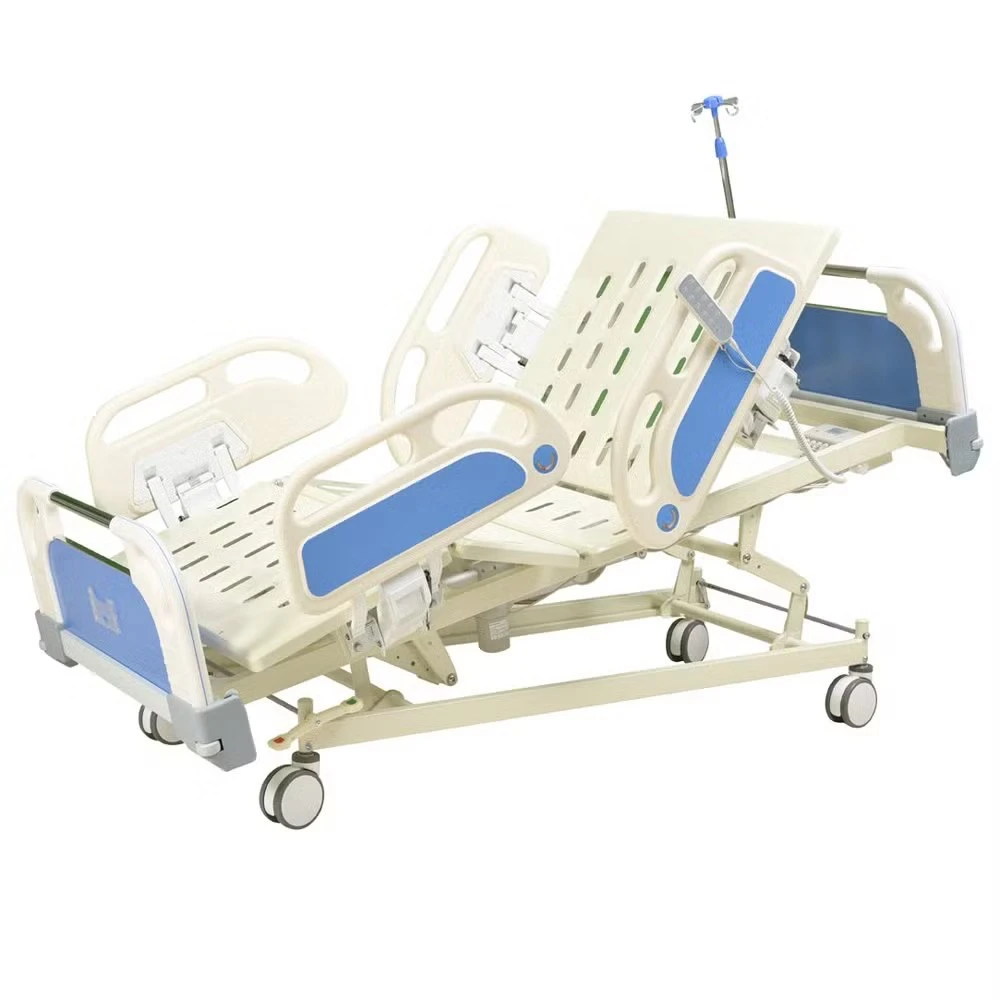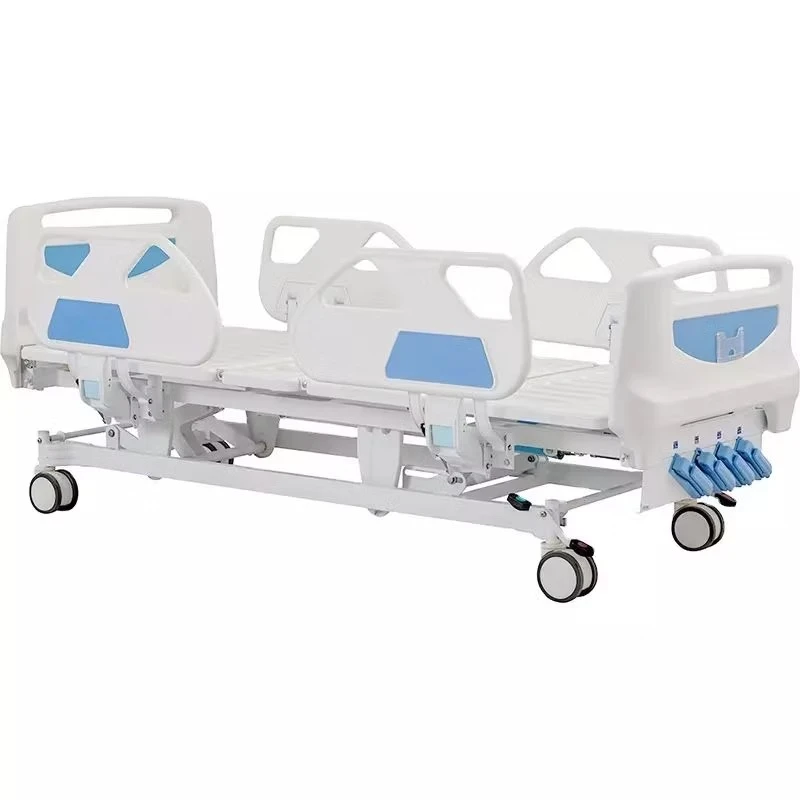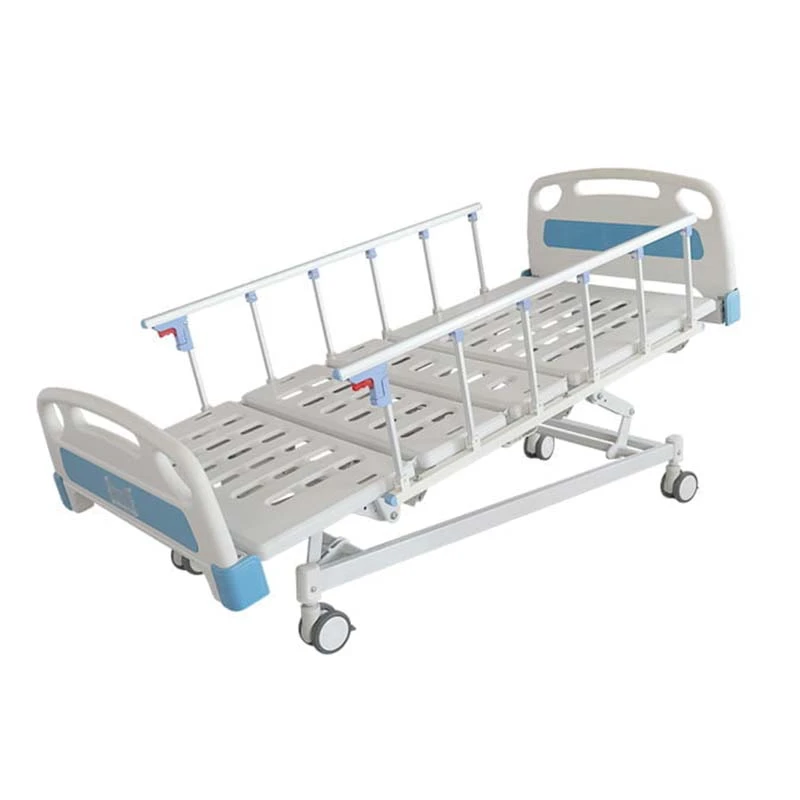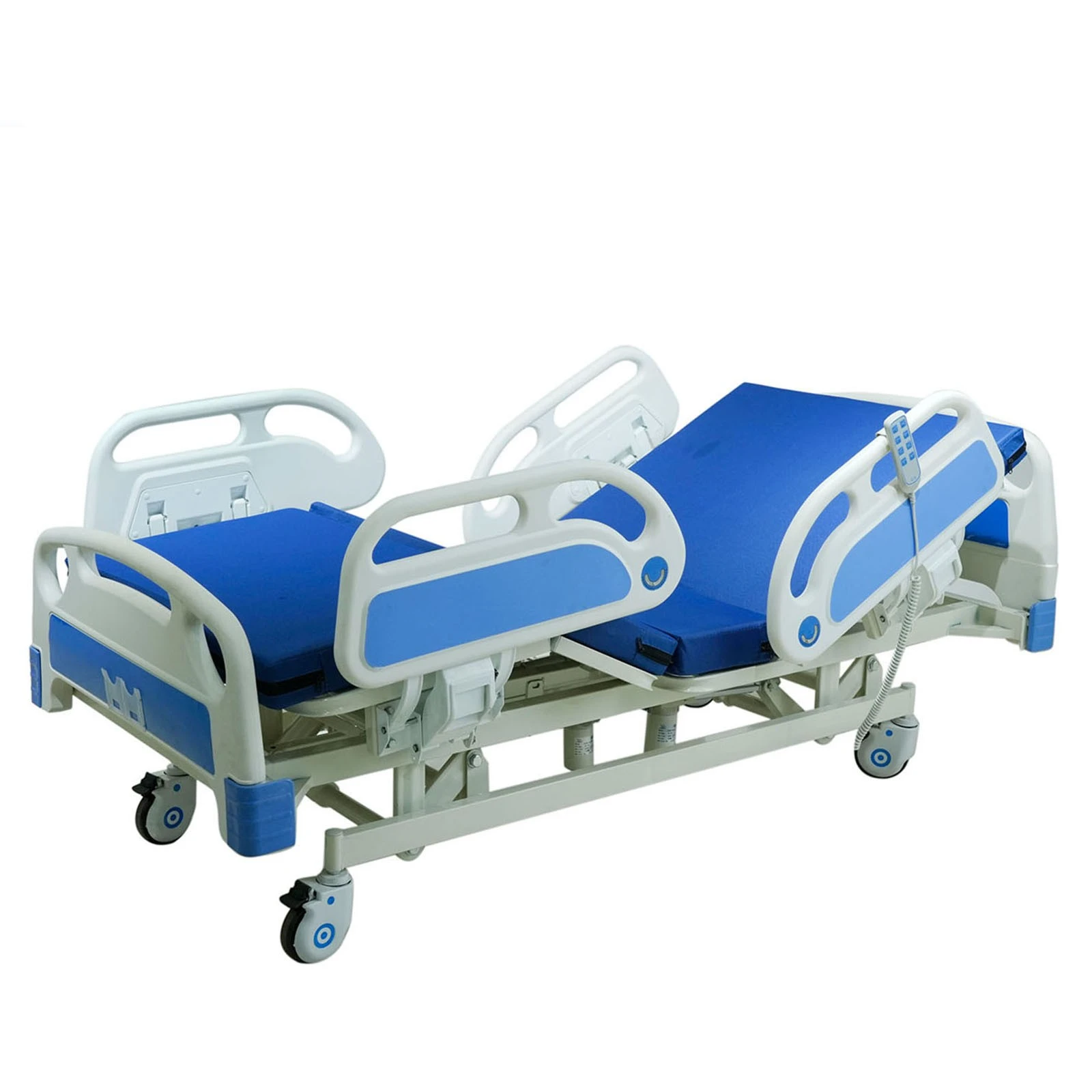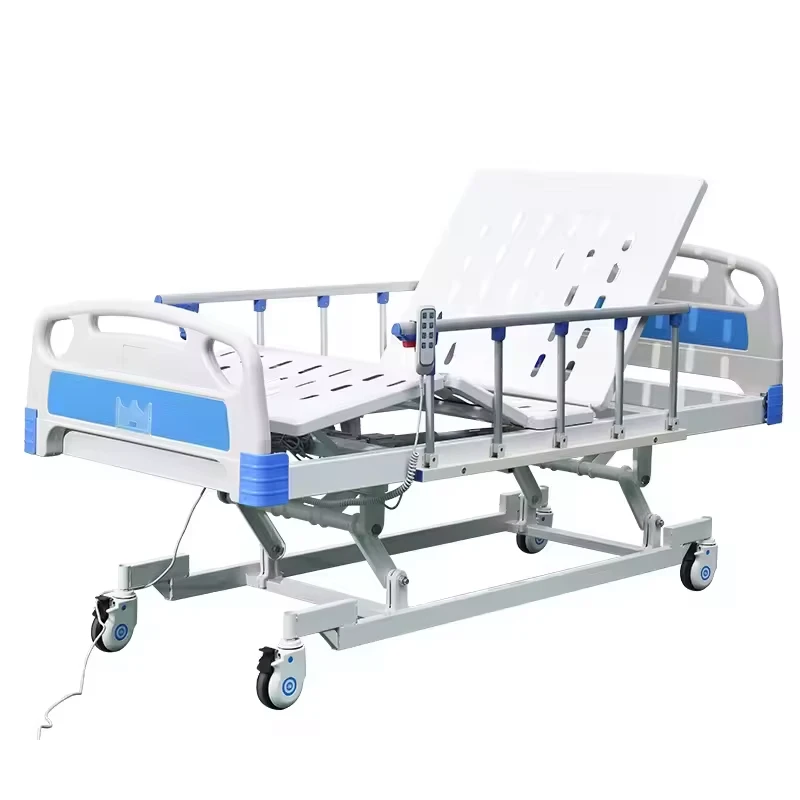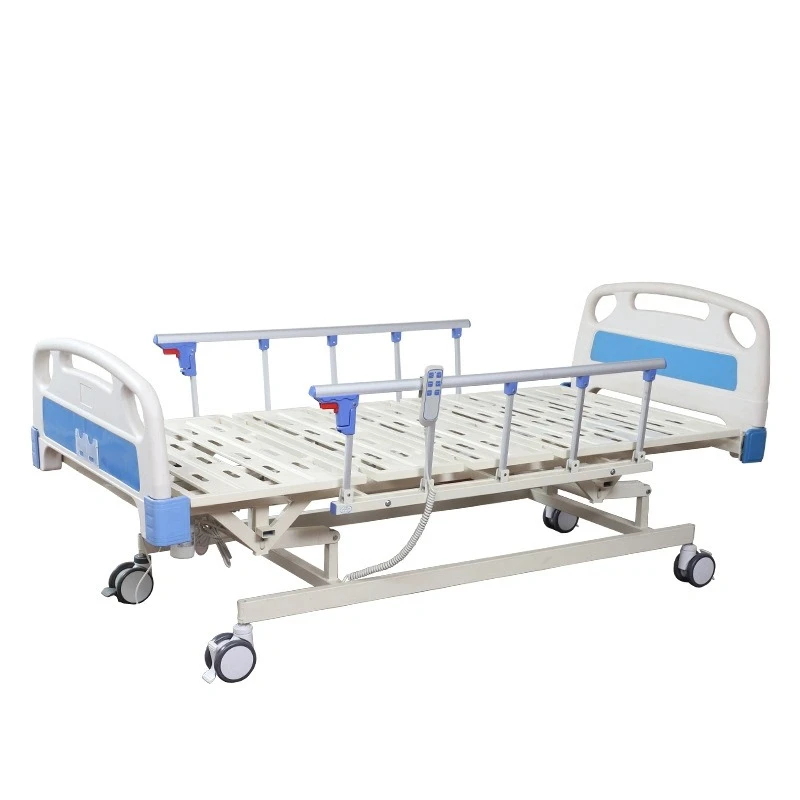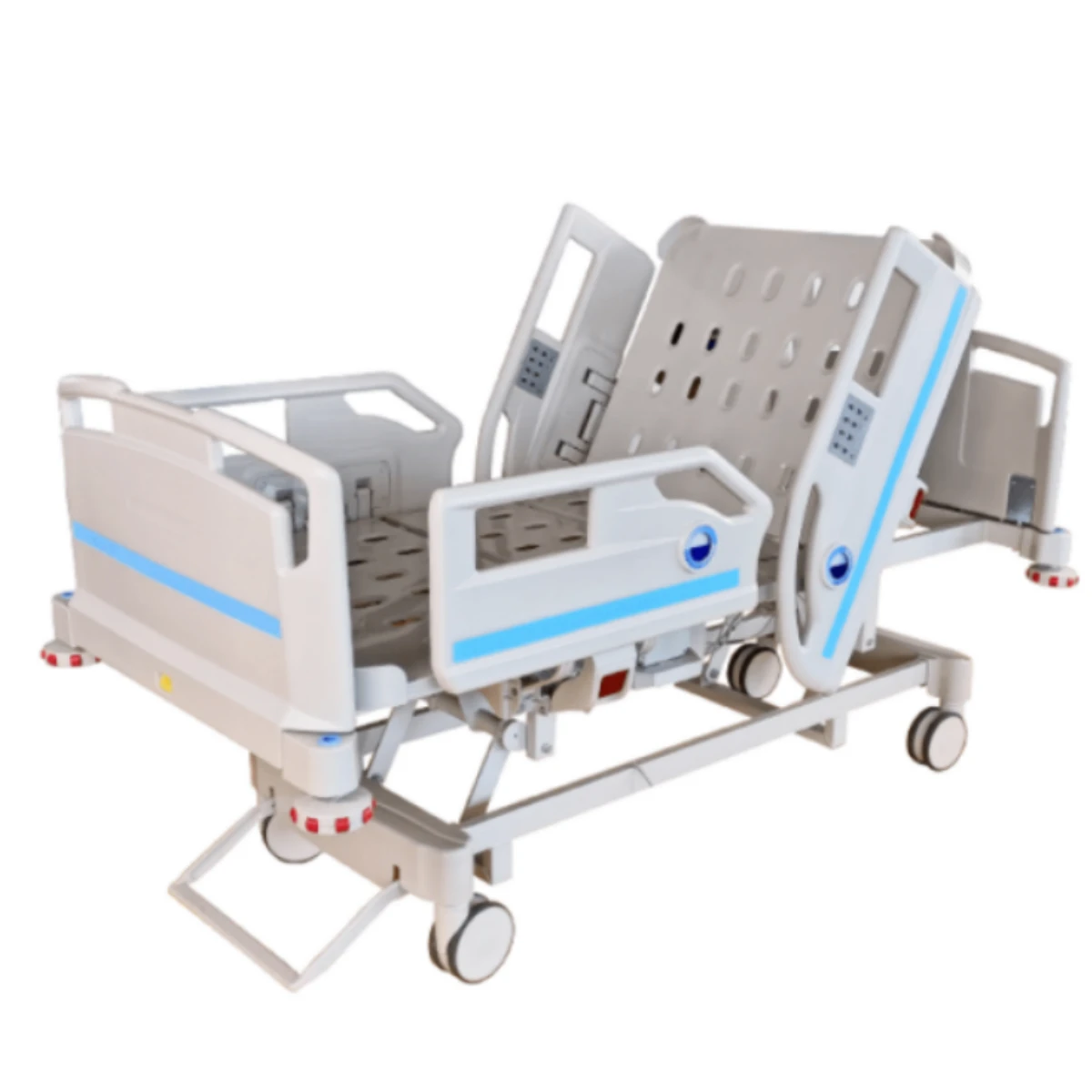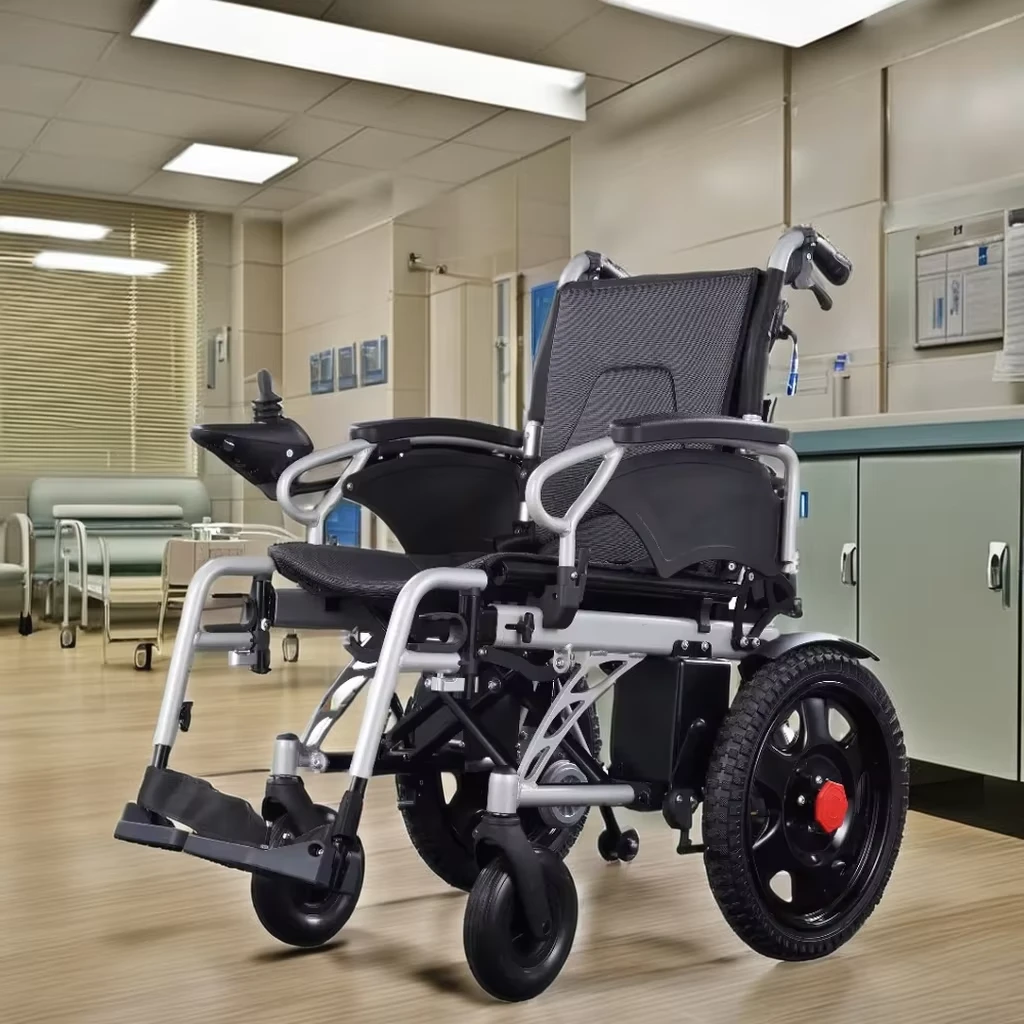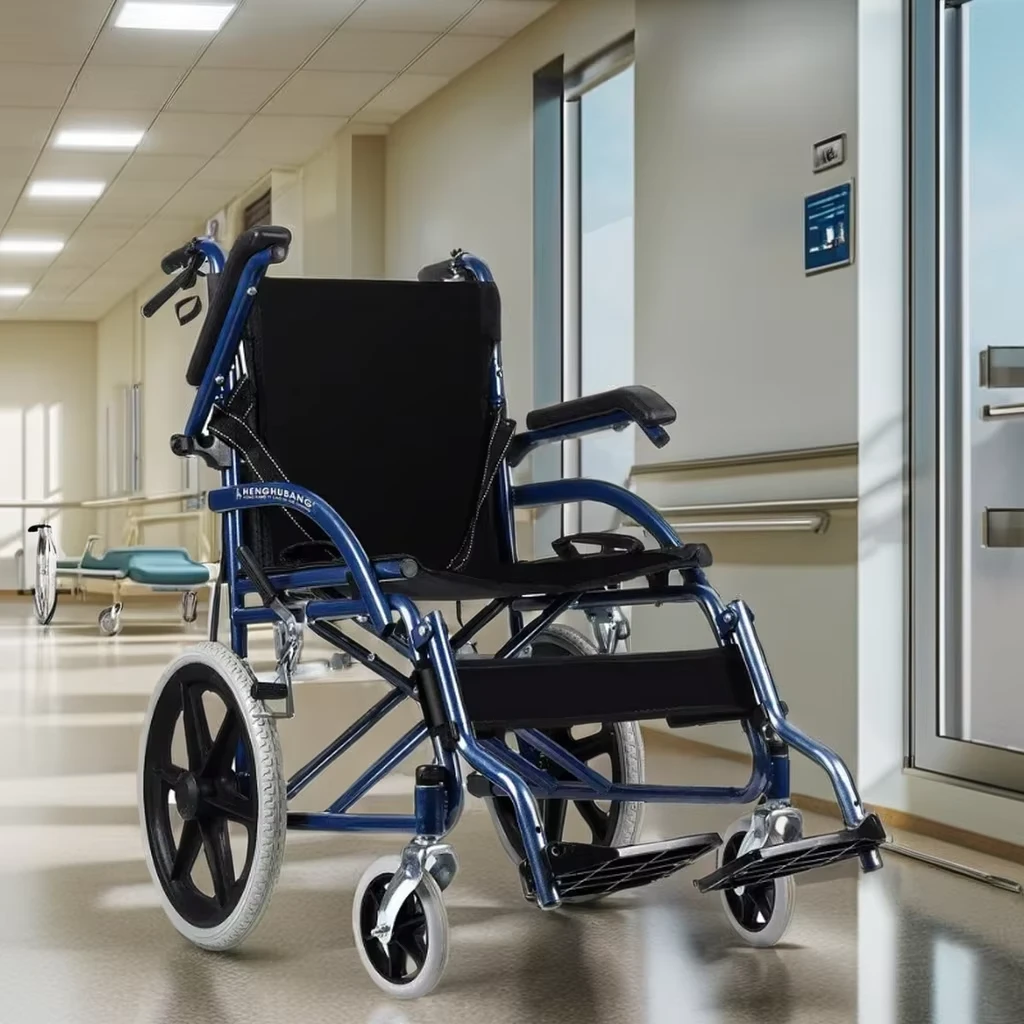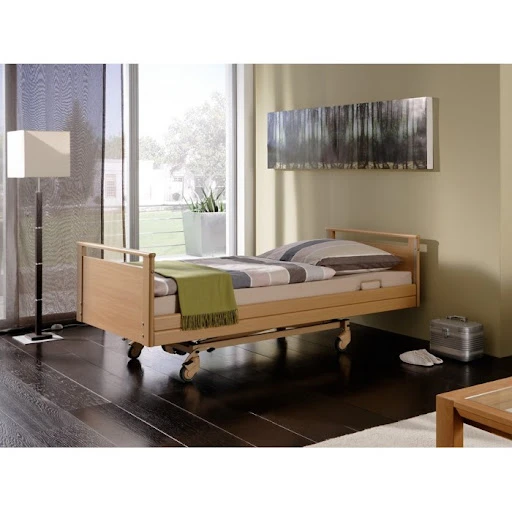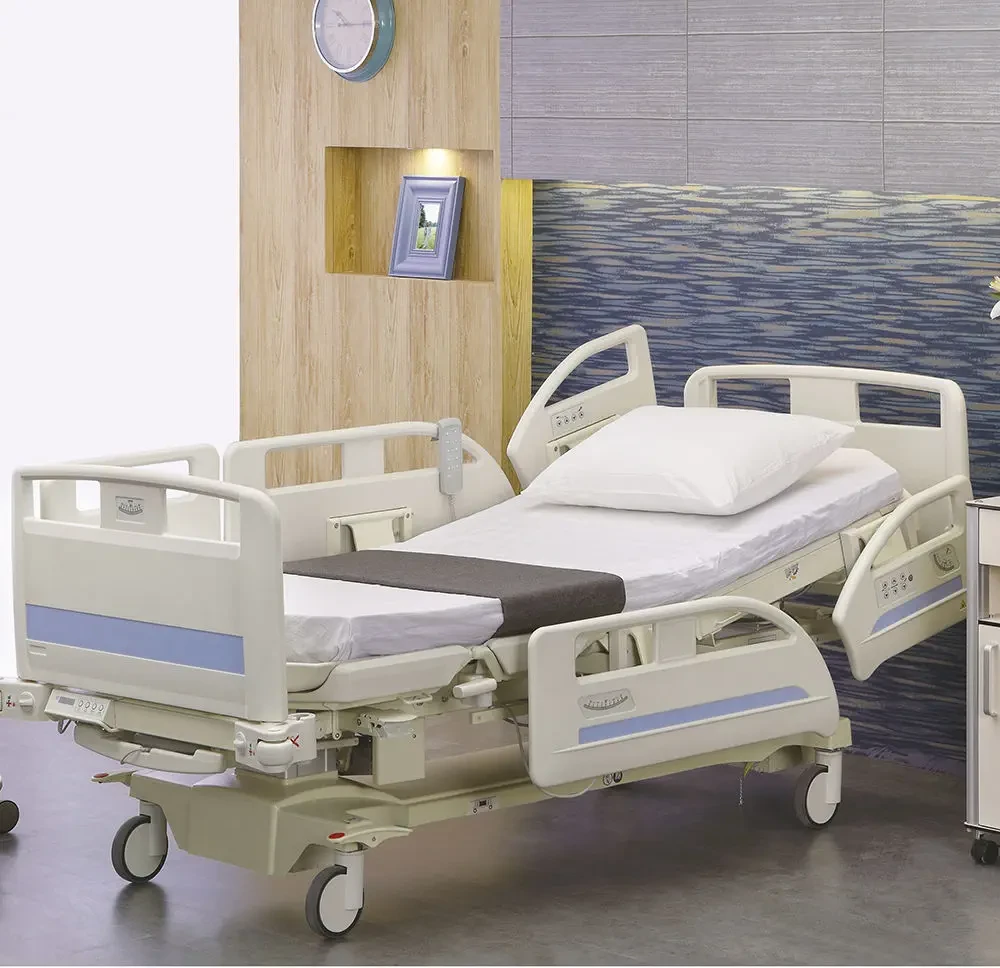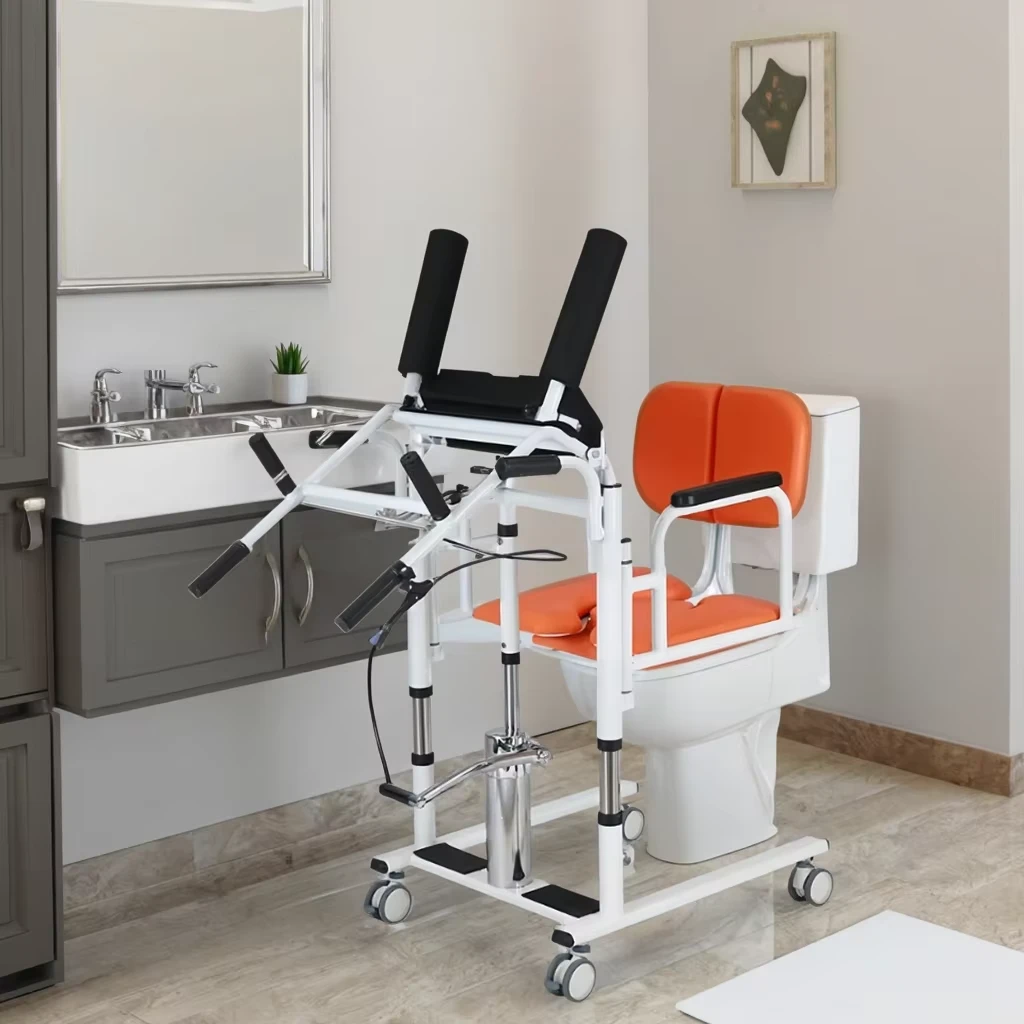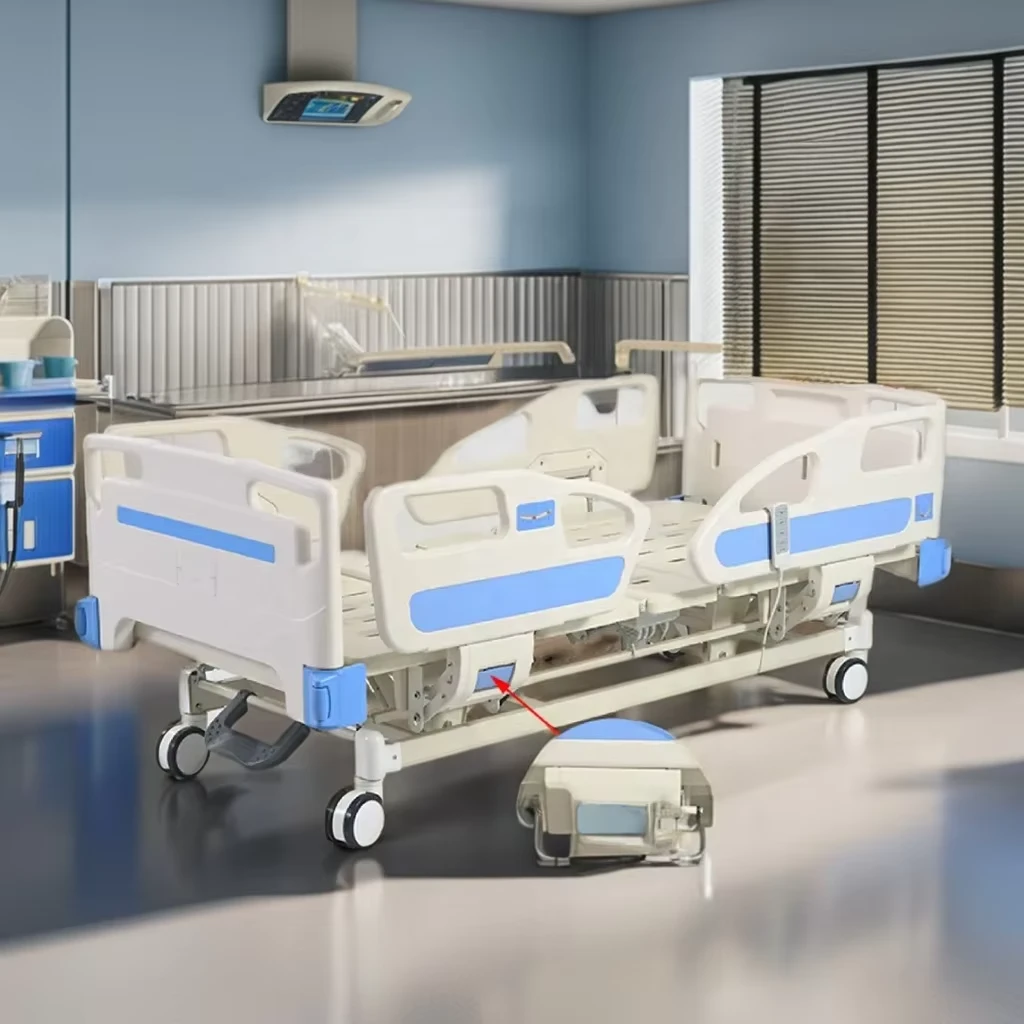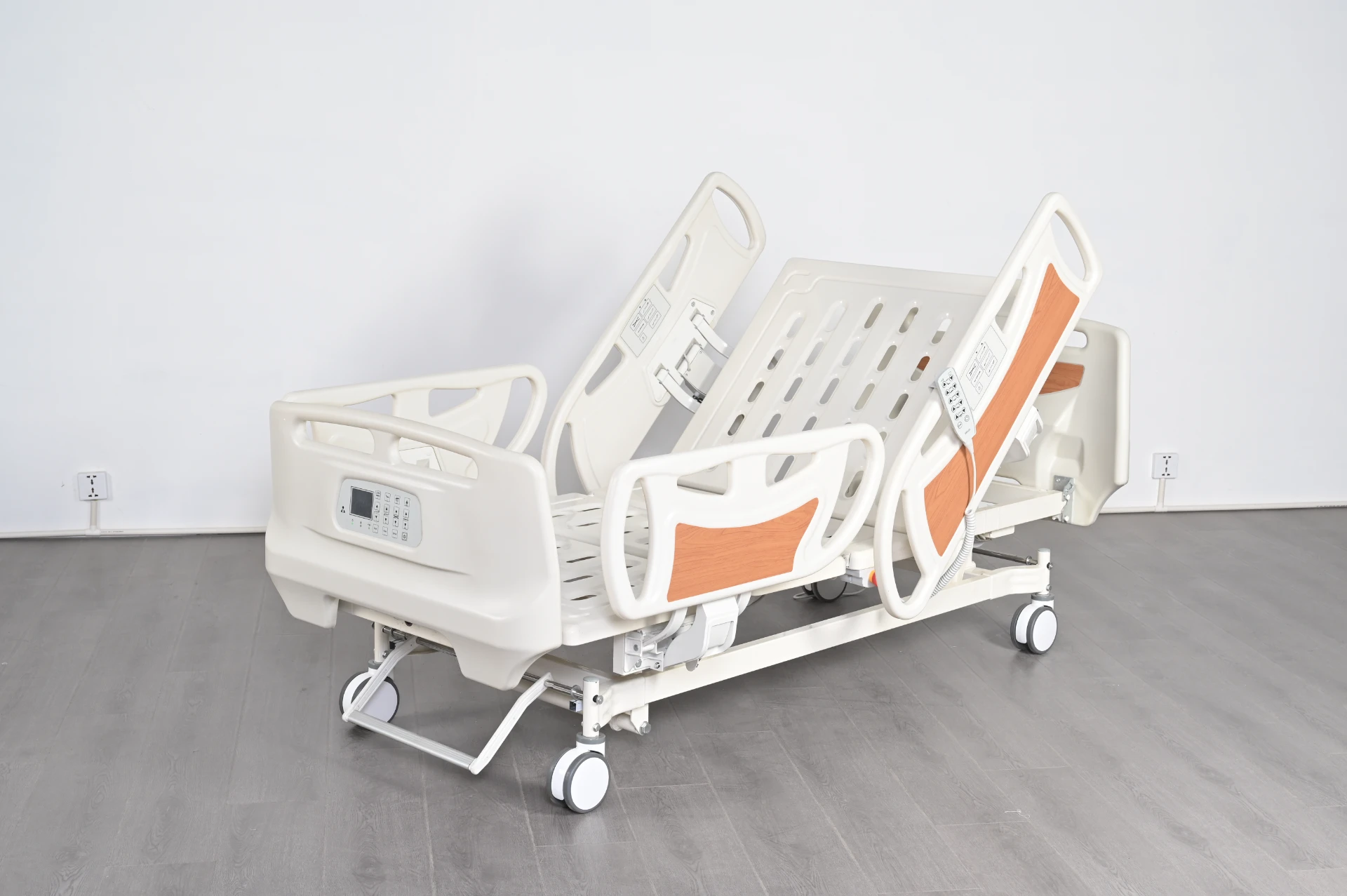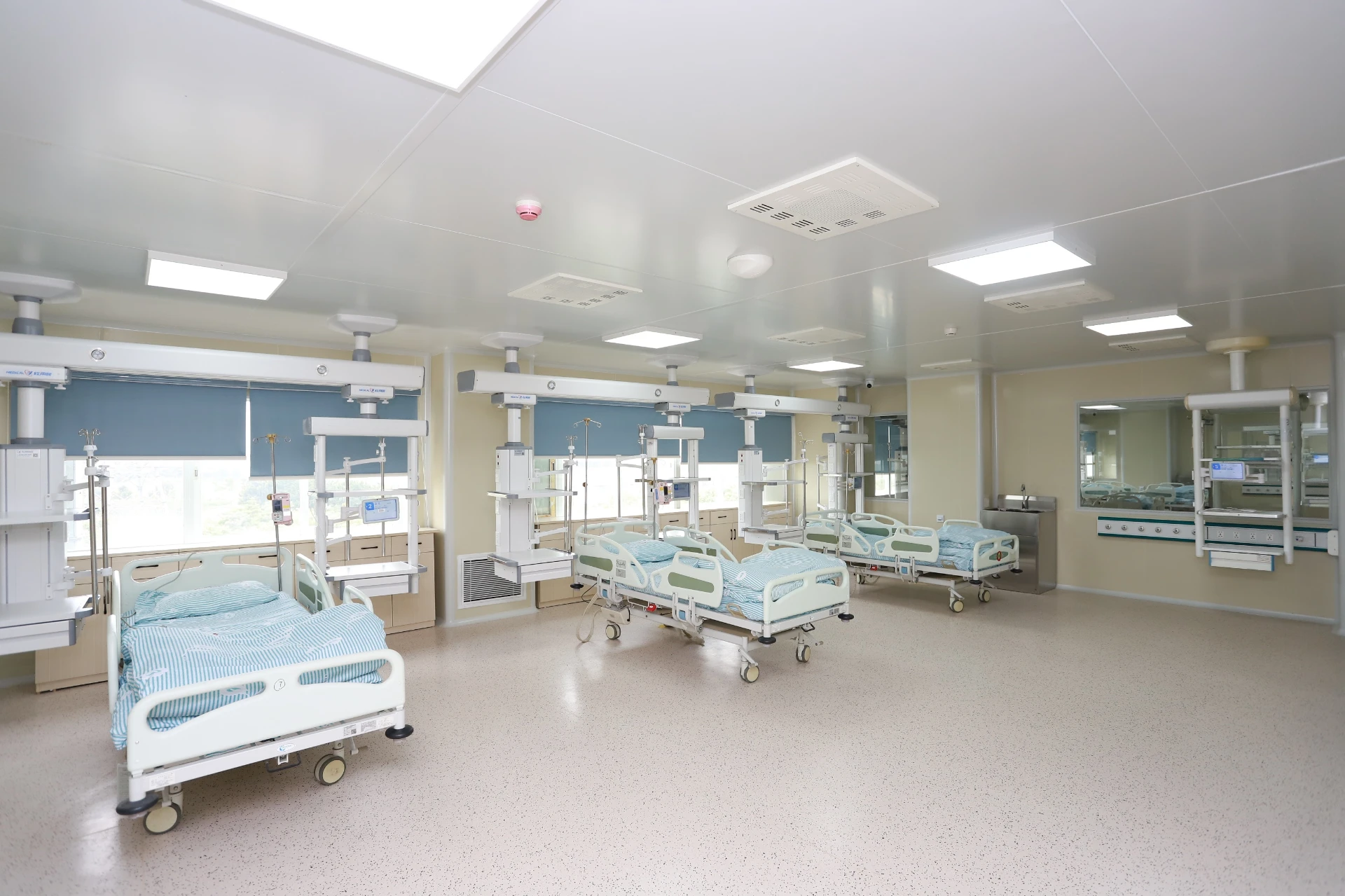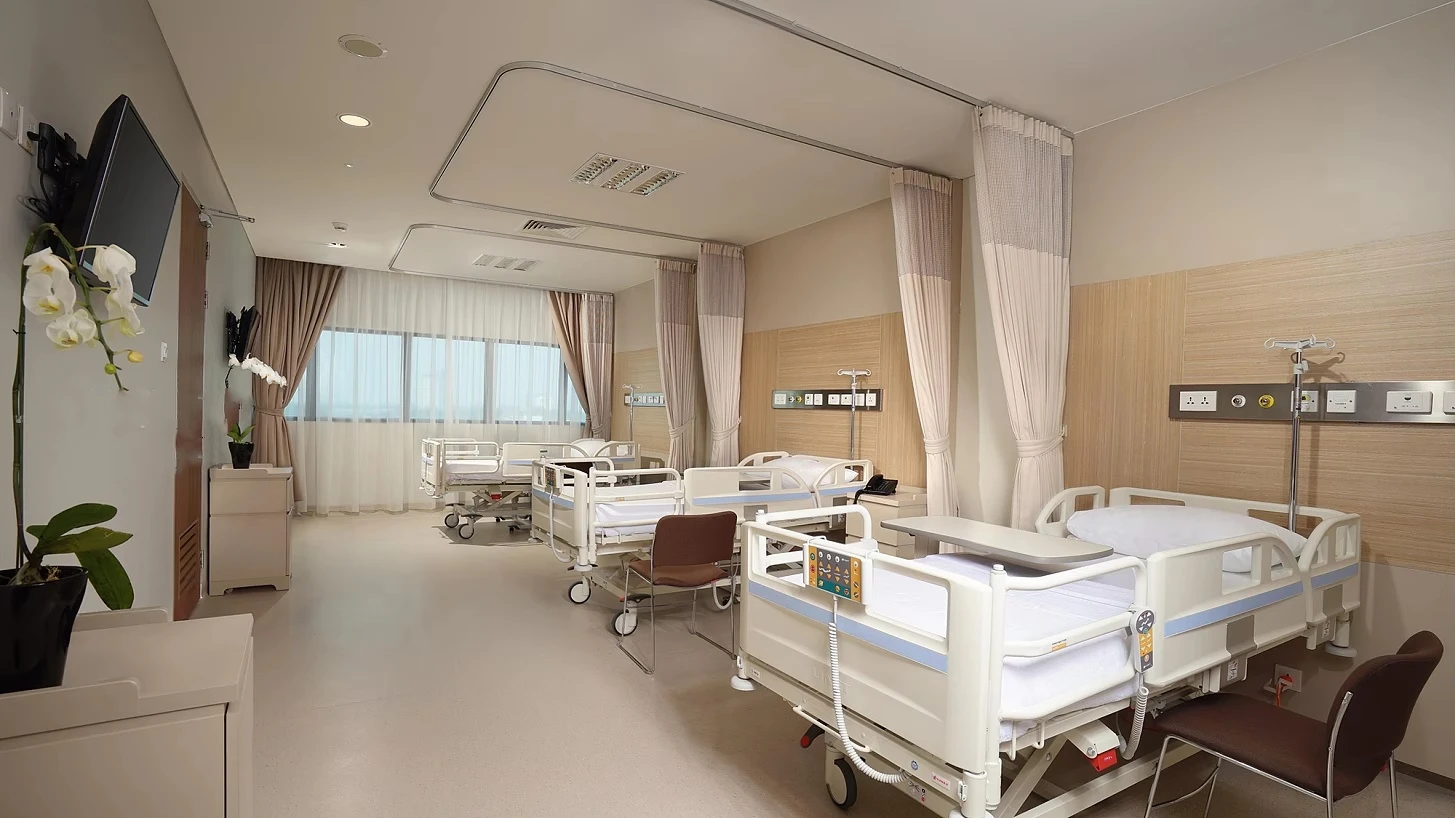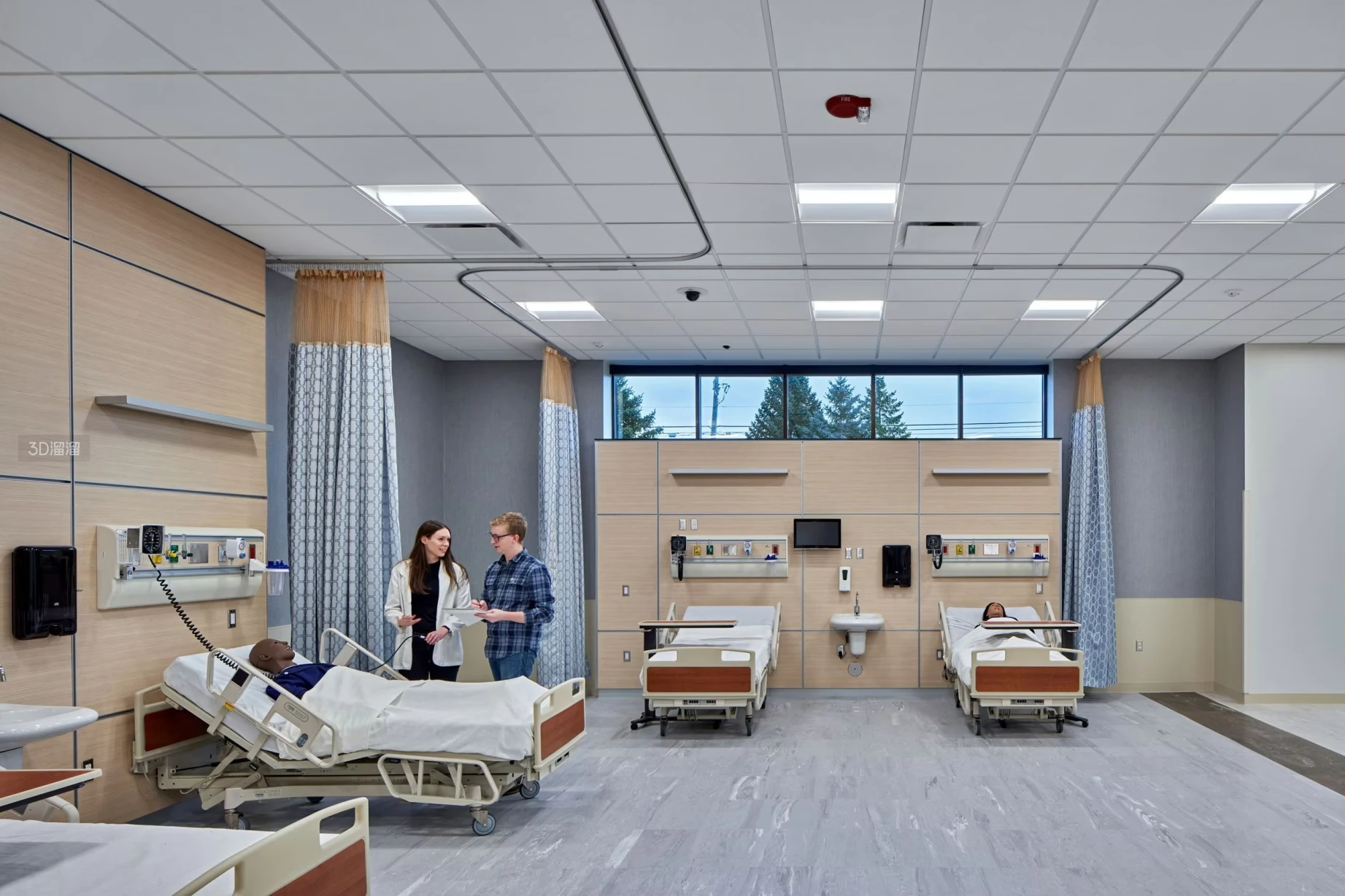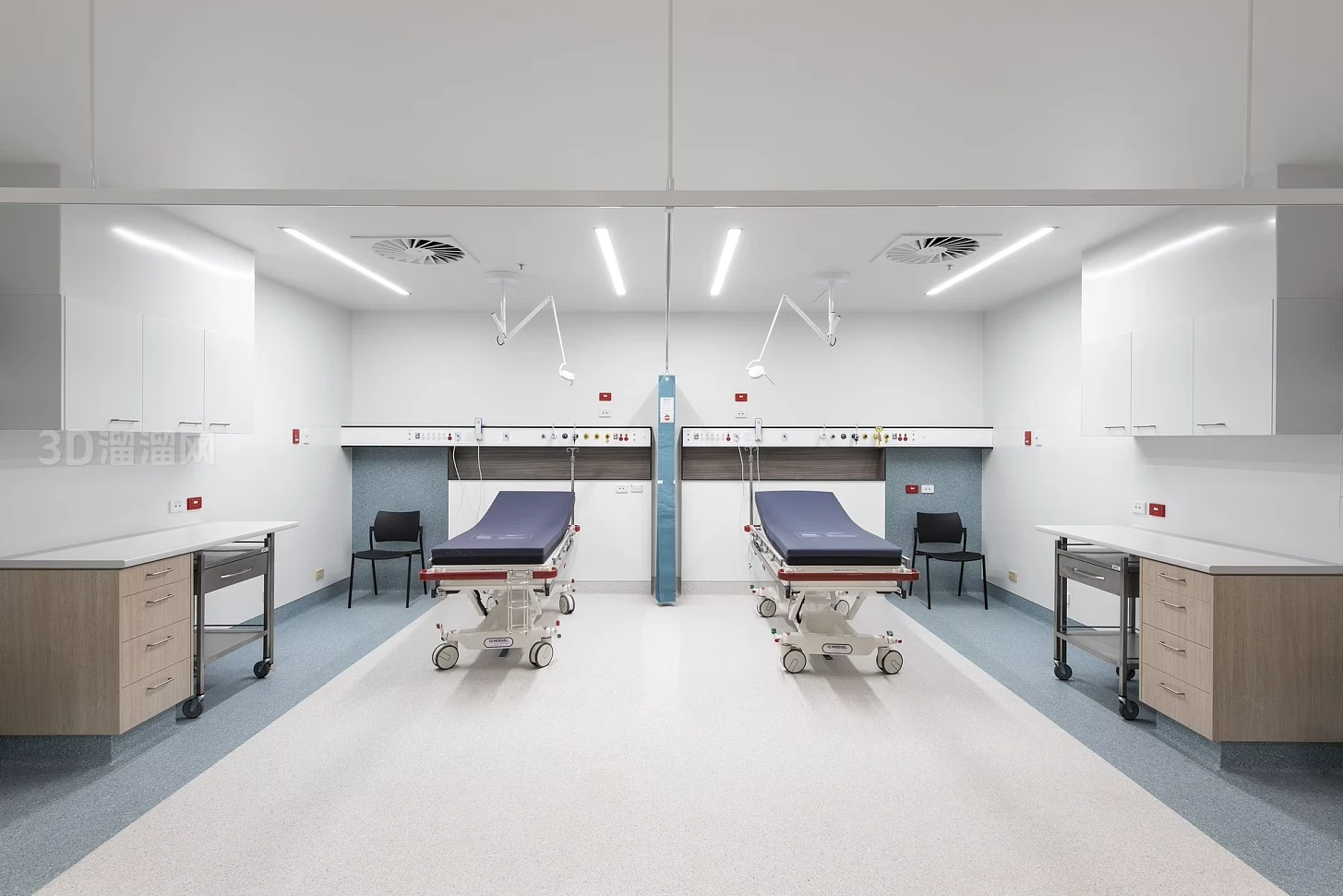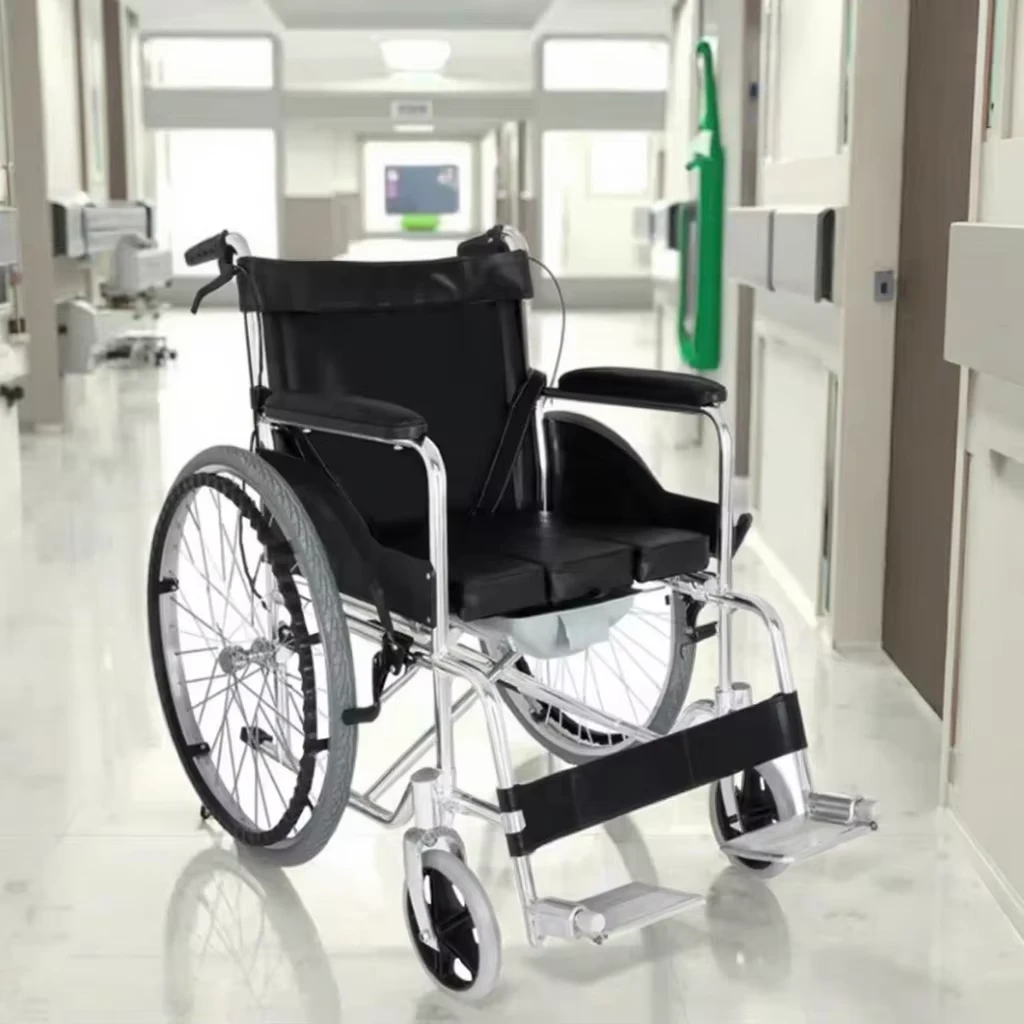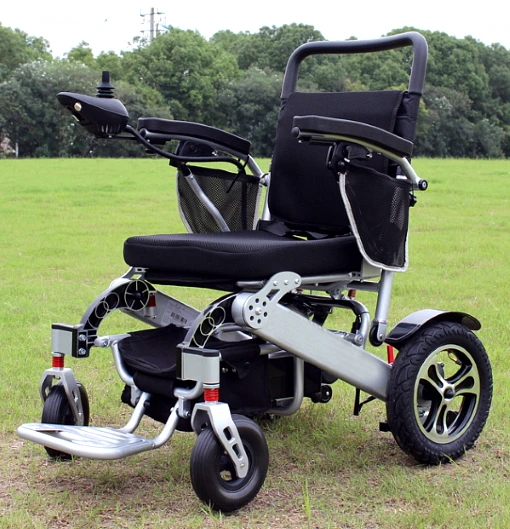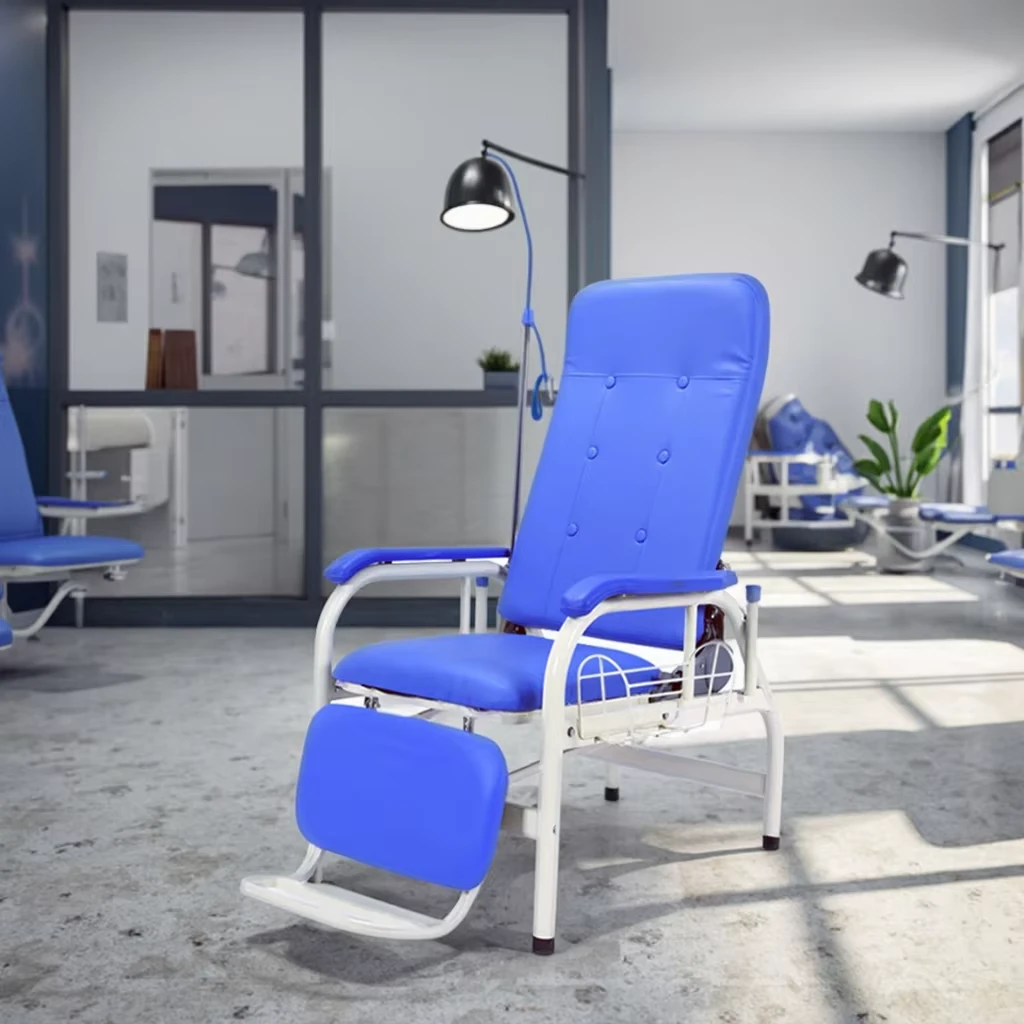Patient Stretcher Price Durable Medical Stretchers & Trolleys
- Understanding Patient Stretcher Pricing Dynamics
- Technical Innovations in Modern Stretcher Design
- Comparative Analysis of Leading Manufacturers
- Customization Options for Diverse Medical Needs
- Real-World Applications Across Healthcare Settings
- Cost-Efficiency Strategies for Procurement Teams
- Future Trends Impacting Patient Stretcher Price Points
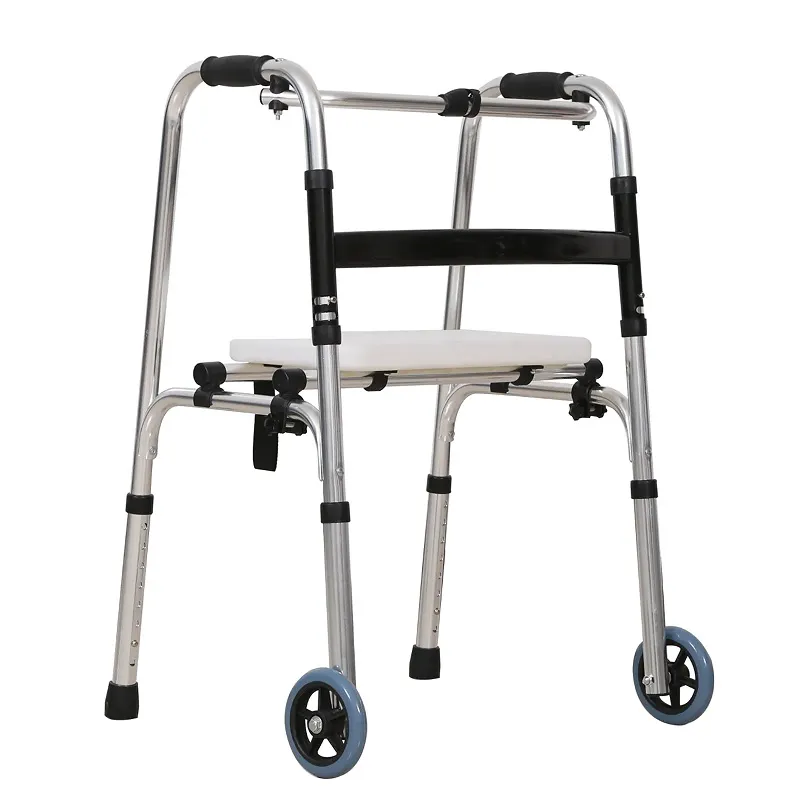
(patient stretcher price)
Understanding Patient Stretcher Pricing Dynamics
The patient stretcher price
spectrum ranges from $1,200 to $8,500 globally, influenced by load capacity (150-500 lbs), material grade (aircraft aluminum vs. steel alloys), and smart features. Emergency departments requiring 24/7 readiness typically invest in premium models with hydraulic height adjustment (costing 35% more than basic variants), while outpatient clinics prioritize lightweight designs (18% less expensive).
Technical Innovations in Modern Stretcher Design
Advanced Stretcher and Patient Trolley units now integrate antimicrobial polyurethane coatings (99.7% pathogen reduction) and RFID-enabled tracking systems. The 2023 MedDesign Report shows that stretchers with dual-brake casters reduce workplace injuries by 41% compared to legacy models. Leading manufacturers employ finite element analysis to achieve 600-lb capacity without compromising 28" width standards.
Comparative Analysis of Leading Manufacturers
| Brand | Base Price | Weight Capacity | Warranty | Smart Features |
|---|---|---|---|---|
| ABC Medical | $3,450 | 450 lbs | 5 years | Auto-tilt, IV pole integration |
| XYZ Solutions | $2,800 | 350 lbs | 3 years | Battery-powered elevation |
| MediPro | $4,200 | 550 lbs | 7 years | Biometric patient monitoring |
Customization Options for Diverse Medical Needs
Specialized patient stretcher configurations address specific use cases:
- Neonatal Units: 72" models with incubator compatibility (+22% cost)
- Bariatric Care: 40" width frames supporting 800 lbs (+60% price)
- MRI-Compatible: Non-ferromagnetic builds meeting 0.5T-3T requirements (+$1,200)
Real-World Applications Across Healthcare Settings
Metropolitan Hospital reduced patient transfer time by 19 minutes/staff shift after deploying 45 MediPro stretchers with 360° swivel casters. Field data from 12 trauma centers confirms that stretchers featuring quick-release backrests improve ER throughput by 27% during mass casualty events.
Cost-Efficiency Strategies for Procurement Teams
Bulk purchasing (10+ units) typically yields 15-18% discounts from major suppliers. Leasing options for high-end Stretcher and Patient Trolley systems average $230/month with full maintenance coverage. Refurbished models meeting JCAHO standards cost 40% less while maintaining 90% of OEM performance metrics.
Future Trends Impacting Patient Stretcher Price Points
Emerging IoT-enabled models (projected 14.7% annual price decline through 2028) will dominate the patient stretcher market. Manufacturers adopting graphene composite materials report 31% weight reduction without sacrificing durability – a critical factor for EMS providers. Regulatory changes mandating fall-prevention sensors may increase baseline costs by 8-12% post-2025.
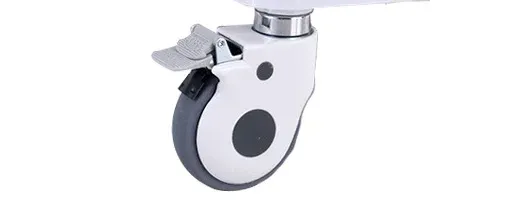
(patient stretcher price)
FAQS on patient stretcher price
Q: What factors influence the price of a patient stretcher?
A: The price of a patient stretcher depends on materials (e.g., aluminum vs. steel), weight capacity, adjustability features (like height or tilt), and additional accessories such as IV poles or side rails.
Q: How much does a standard hospital-grade patient trolley cost?
A: A standard hospital-grade patient trolley typically ranges from $800 to $3,000, with prices varying based on durability, mobility features, and compliance with medical safety standards.
Q: Are there affordable options for lightweight patient stretchers?
A: Yes, basic lightweight patient stretchers start around $500, offering portability for non-critical care, though advanced models with ergonomic designs may exceed $1,500.
Q: What is the difference between a stretcher and a patient trolley in terms of pricing?
A: Stretchers, designed for emergency transport, often cost $1,000-$5,000, while patient trolleys (used for in-hospital transfers) are usually cheaper, ranging from $600-$2,500 due to fewer ruggedness requirements.
Q: Do specialized patient stretchers cost more than regular models?
A: Yes, specialized stretchers (e.g., bariatric or MRI-compatible) can cost $2,500-$8,000+ due to reinforced frames, advanced materials, or compatibility with medical imaging systems.



